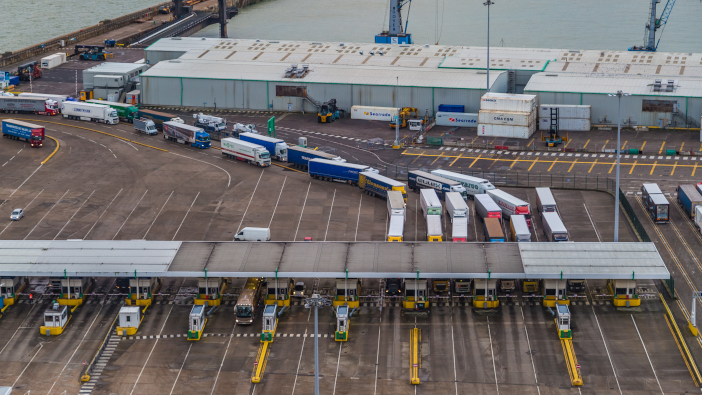Responding to the announcement that there will be further delays to post-Brexit import checks on agri-food products coming from the EU, NFU president Minette Batters said: “Since the implementation of the EU’s border controls in January, UK agri-food exporters to the EU have lost more than £1.8 billion. Yet while our exporters have been struggling with additional costs and burdens, EU competitors have been given extended grace periods by our own government to maintain access to the UK market relatively burden-free.
“While further delays to controls on imported EU products may go some way to keep supermarket shelves stocked at a challenging time for the UK supply chain, the current production and supply issues are largely due to workforce availability. That is why the food and farming industry is asking for a 12-month Covid Recovery Visa and to expand and make permanent the Seasonal Workers Scheme. A delay to controls on EU imported products will do little to address supply chain problems, nor the long-term trade frictions farmers are experiencing.
“Negotiators must seek to achieve a level playing field with pragmatic and equitable checks on imports and exports as quickly as possible.”
The delays include the requirements for pre-notification of Sanitary and Phytosanitary (SPS) goods, which were due to be introduced on 1 October 2021, will now be introduced on 1 January 2022; requirements for Export Health Certificates, which will now be introduced on 1 July 2022; Phytosanitary Certificates and physical checks on SPS goods at Border Control Posts, now coming into force on 1 July 2022; and Safety and Security declarations on imports will be required as of 1 July 2022 as opposed to 1 January 2022.
Full customs declarations and controls will still be introduced on 1 January 2022, as previously announced.


